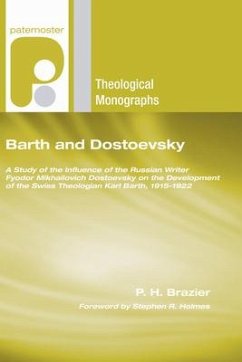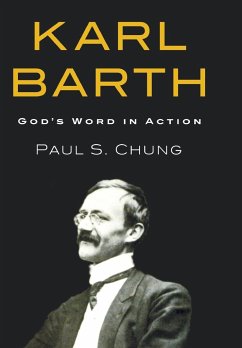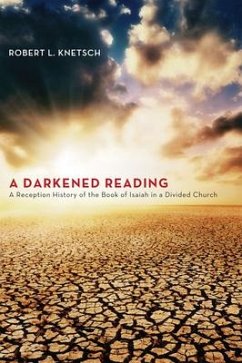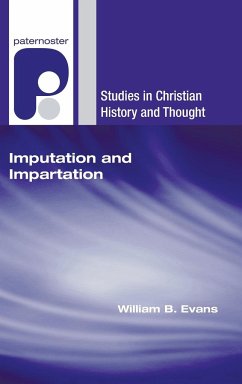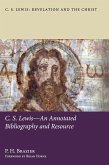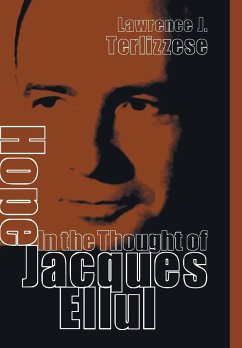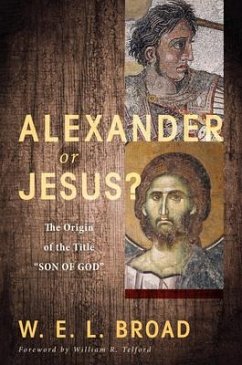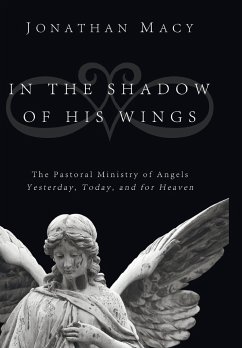A work of historic and systematic theology, Barth and Dostoevsky, examines the influence of the Russian writer and prophet Fyodor Mikhailovich Dostoevsky on the Swiss theologian Karl Barth. This is a study that demonstrates that the writings of Dostoevsky affected the development of the theology of Karl Barth. This was an influence mediated by his friend and colleague Eduard Thurneysen and was in the form of a key element of Barth's thought: his understanding of sin and grace. Therefore, this study explicates first, the reading of Dostoevsky by Barth, 1915-1916, and the influence on this understanding of sin and grace; second, a study of Eduard Thurneysen in so far as his life and work complements and influences Barth; third, Barth's illustrative use of Dostoevsky, around 1918-1921, the period of the rewriting of his seminal commentary on Romans--"the bombshell on the playground of the theologians," as Karl Adams put it.
Hinweis: Dieser Artikel kann nur an eine deutsche Lieferadresse ausgeliefert werden.
Hinweis: Dieser Artikel kann nur an eine deutsche Lieferadresse ausgeliefert werden.

